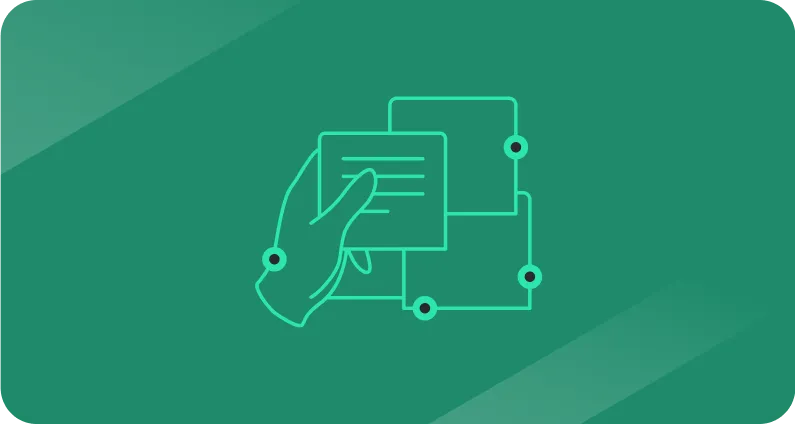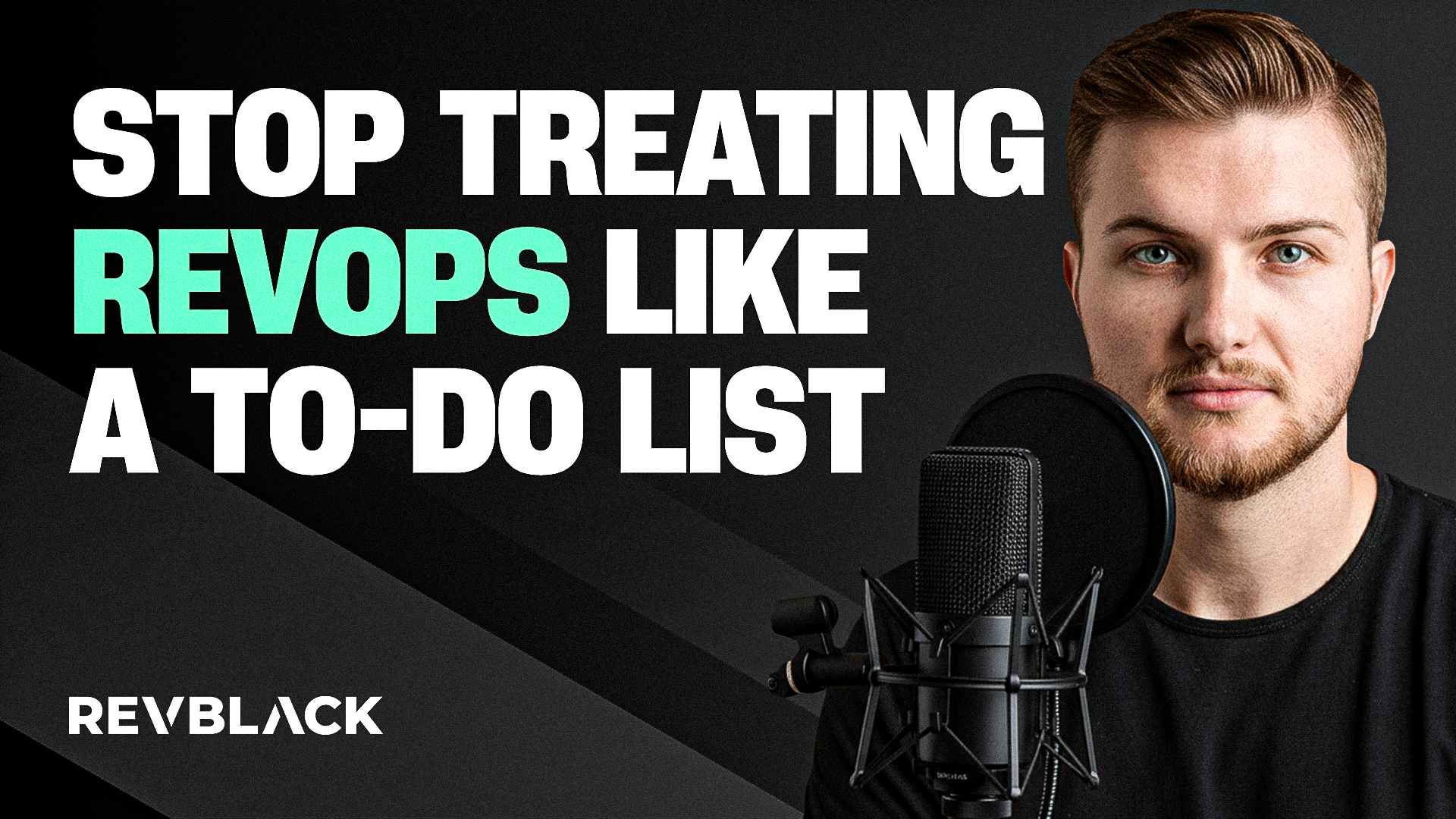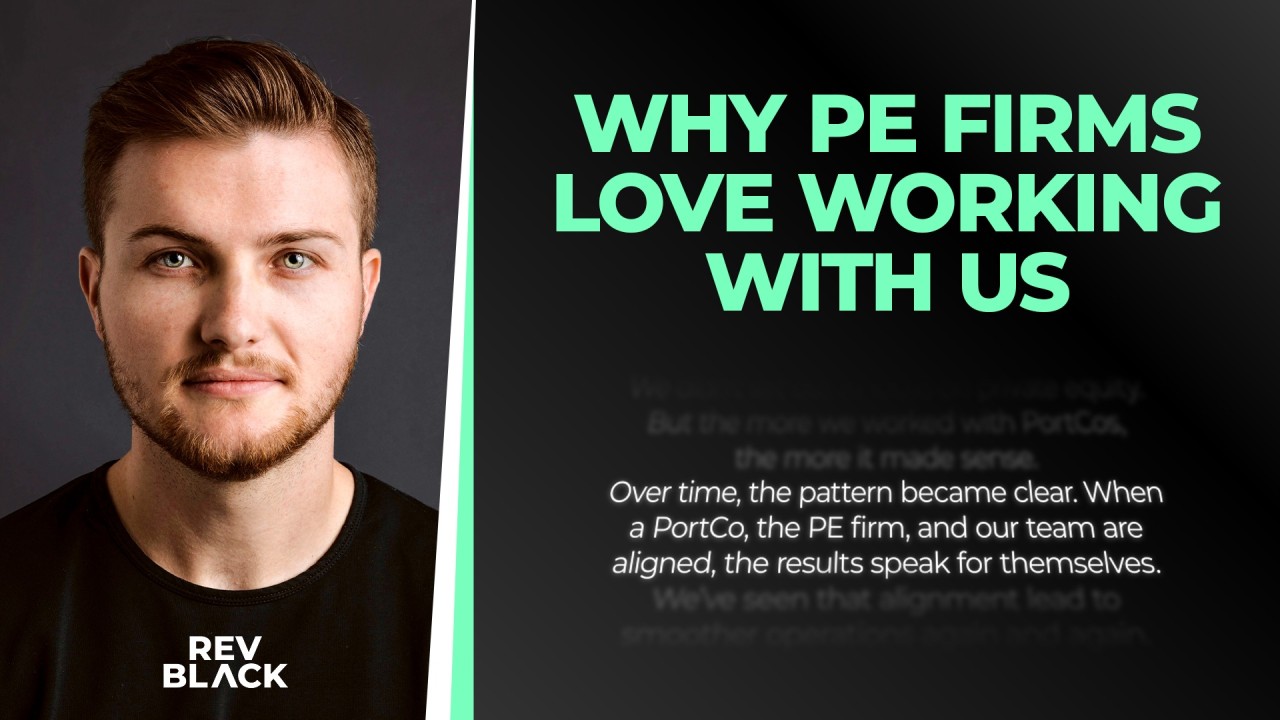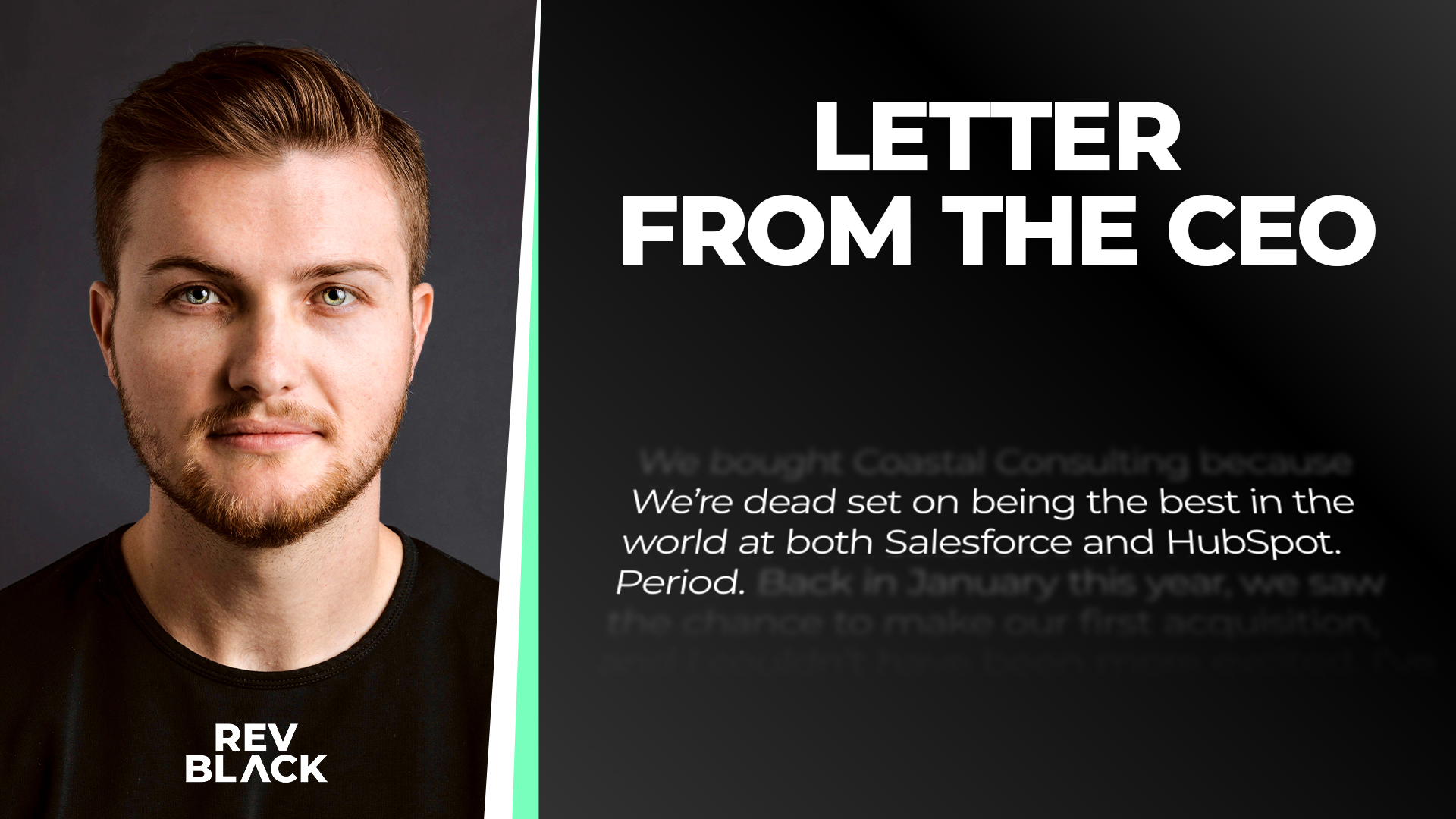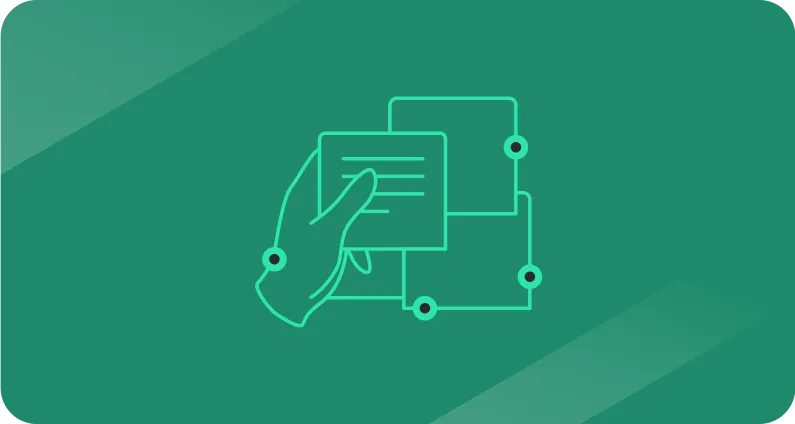How to choose the right Salesforce implementation partner
Expert guide to selecting your Salesforce implementation partner.

Automation and analytics push growth forward, but Salesforce is not plug-and-play.
Most teams know how to use a CRM, not build one.
If you have outgrown the scrappy setup, you are probably already feeling it thanks to subpar data quality, misaligned reports, and broken workflows.
Salesforce can fix the mess, but it will not fix itself.
An implementation partner can step in and do it for you.
The scope of implementation
A Salesforce implementation partner usually covers more than the initial setup.
They might handle full-scale rollouts, build automations, clean up data, connect HubSpot or Slack, or specialize in industry clouds.
Some are solo experts who go deep in one area; others are firms with teams that cover the whole ecosystem.
You will find them on Salesforce AppExchange, in industry directories, or through your own network.
Sometimes the best referrals come from peers who have already been through an implementation or from a Salesforce account executive who knows which partners deliver excellence.
If you are unsure where your system stands today, starting with a thorough tech stack audit is a smart way to define your requirements before hiring a partner.
7 tips for choosing the right partner
1. Look for specialization
Not all Salesforce work is created equal.
Some partners thrive on greenfield builds; others excel at fixing messy, mid-life orgs.
Before you sign the dotted line, decide what you actually need: is it a developer to wire custom objects, an admin to tame permissions, or an integration architect who can make Salesforce and HubSpot stop fighting?
Broad certifications are nice, but the partners who have seen your exact type of chaos will always be faster out of the gate.
This is particularly true if you are trying to execute a complex outbound sales strategy across HubSpot and Salesforce.
2. Check reviews and testimonials
Testimonials on a partner site will always look perfect. Do not make that your only reference point.
Go to Salesforce AppExchange reviews or query your chatbot of choice to draw very specific information about the partners you are exploring.
Look for patterns: do multiple clients say they saved an implementation mid-flight? Did they stick around after go-live, or vanish once the invoice cleared? These patterns are your early warning system.
3. Review their content
Strong partners teach before they sell.
Read their blogs, their tutorials, and their troubleshooting posts.
Is their content helpful? Do you deem them trustworthy?
When you Google a Salesforce problem and their post is the one everyone links to, you should add them to the shortlist.
You want the firm whose content earns organic trust because it proves they can actually solve the problem.
4. Search directories carefully
AppExchange is the main directory, but it is not the only one.
Be aware that top partner lists on Google are often thinly veiled lead generation incentives.
If the publisher-owned firm magically shows up first, assume the ranking is pay-to-play.
Instead, use directories to build a long list, then cross-check reputation elsewhere.
5. Ask your network
The fastest filter is usually another operator who has already paid the tuition.
Ask your connections who they would call again (and who they would not).
LinkedIn posts framed as Who have you used for Salesforce integrations? tend to bring brutally honest answers.
One strong referral from a trusted operator is worth 20 polished sales decks.
6. Talk to a Salesforce account executive
Account executives have an underrated vantage point: they see who closes projects, who rescues deals, and who leaves customers stranded.
Ask them which partners they have seen work in environments like yours.
They will not guarantee success, but they can steer you toward firms with real track records.
7. Find a cultural fit
This is the most overlooked part.
Implementations involve collaboration over time (and lots of it).
If the partner does not speak your team language, if they overcomplicate everything, or if they treat your mid-market needs like second-tier work, the relationship will grind down.
A partner that clicks with your culture will get to better answers faster, not because they are more technical, but because you will actually trust them enough to tell them the whole truth.
We are Certified Salesforce Experts
Choosing a Salesforce partner should not feel like running a gauntlet of checklists.
You want to know if the team sitting across from you has done this before, with the same mess of tools and data.
Mid-market firms running Salesforce alongside HubSpot come to us when the cracks show: dirty data, automations that break under scale, and reporting nobody trusts.
Our certifications back up the technical side, but the real proof is in the patterns we bring and the fixes that have worked before.
Whether you need to improve your speed to lead or set up a complex lead recycling system, we specialize in the "last mile" of implementation.
We do not chase every logo. We work with teams that want Salesforce and HubSpot aligned so growth does not stall.
If you do not have the internal bandwidth for a full-time admin, our fractional sales and marketing ops can provide the ongoing support you need.
If that is you, let us sit down for a scoping session and see if we fit.




